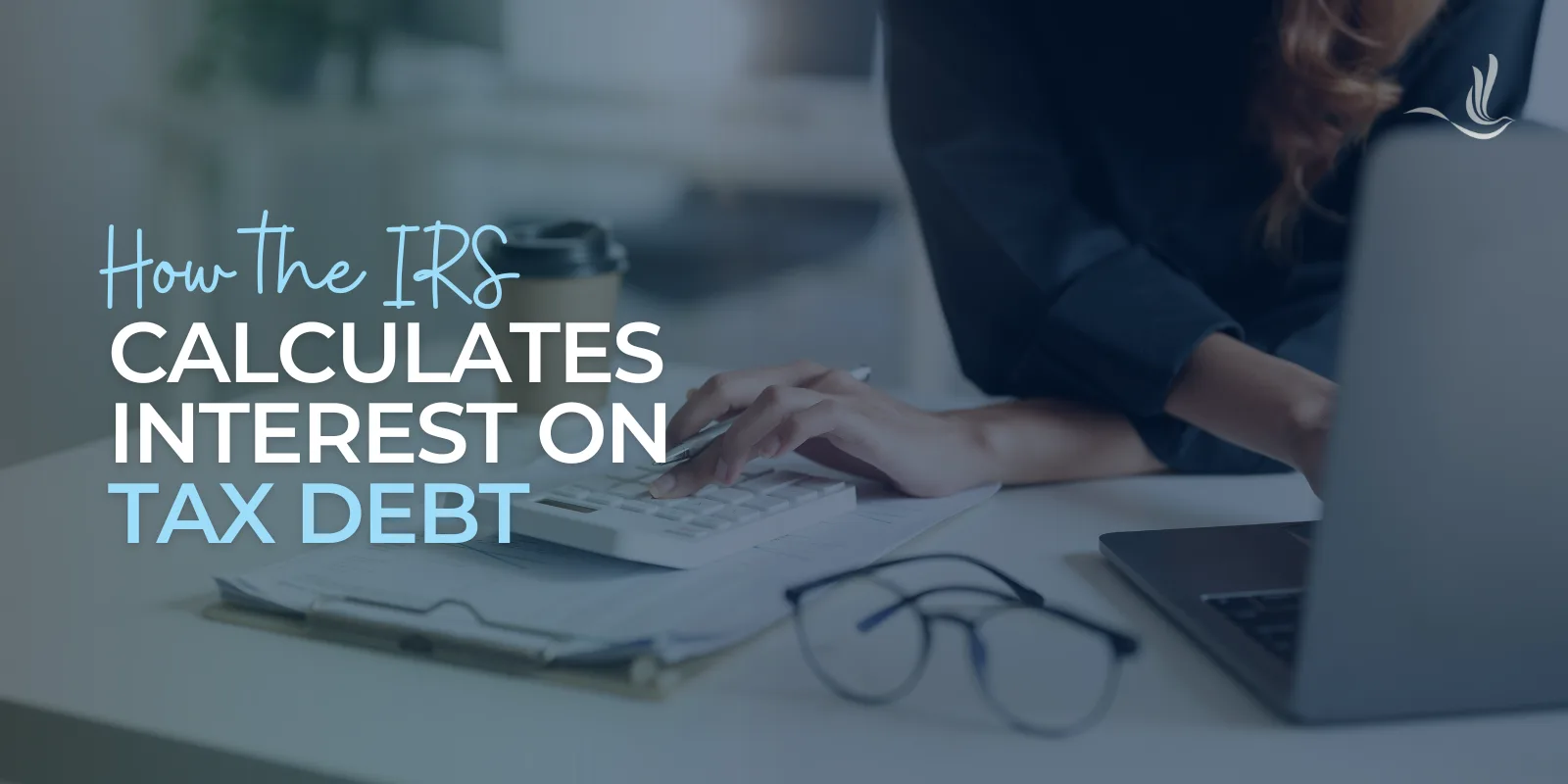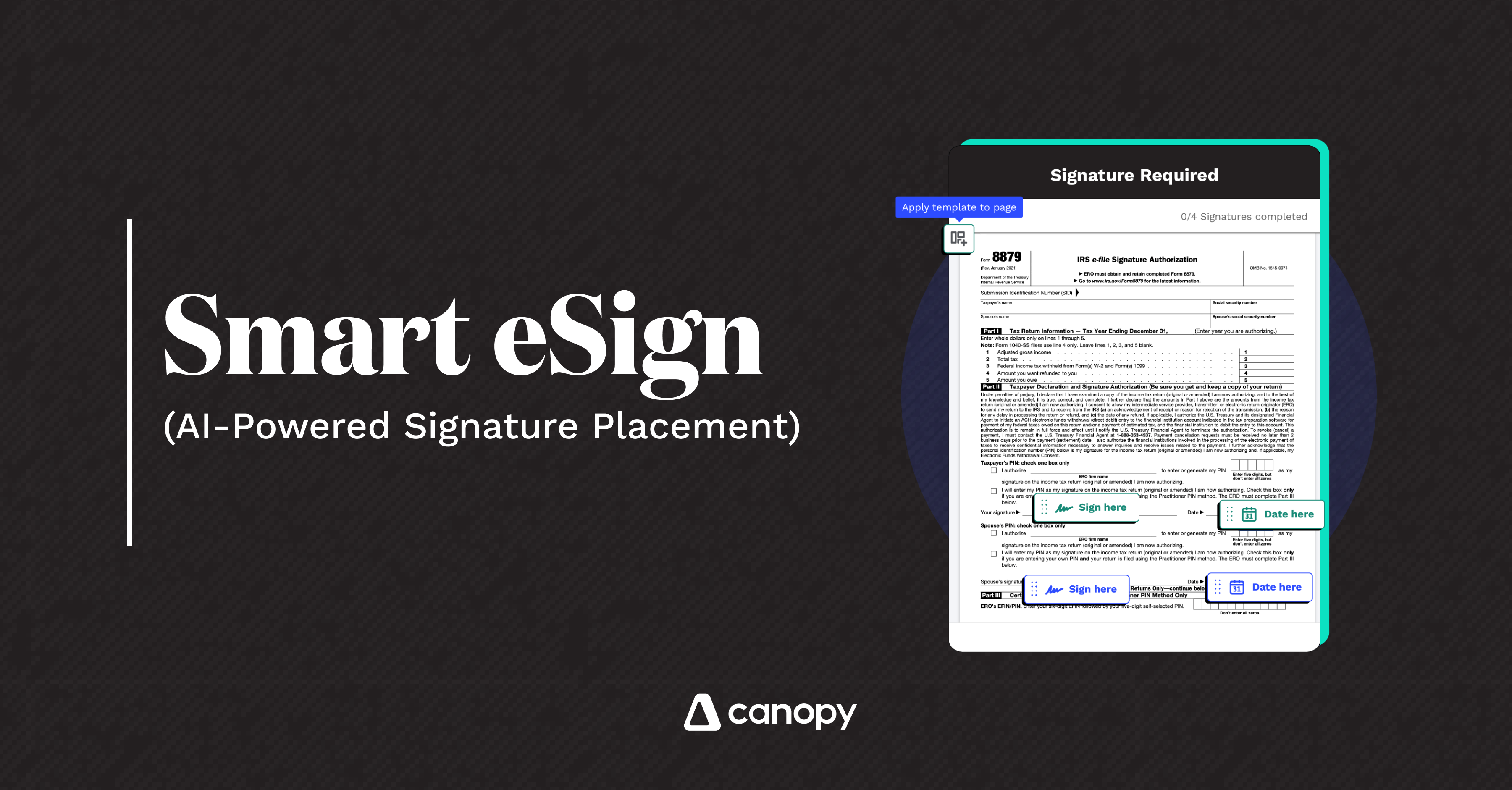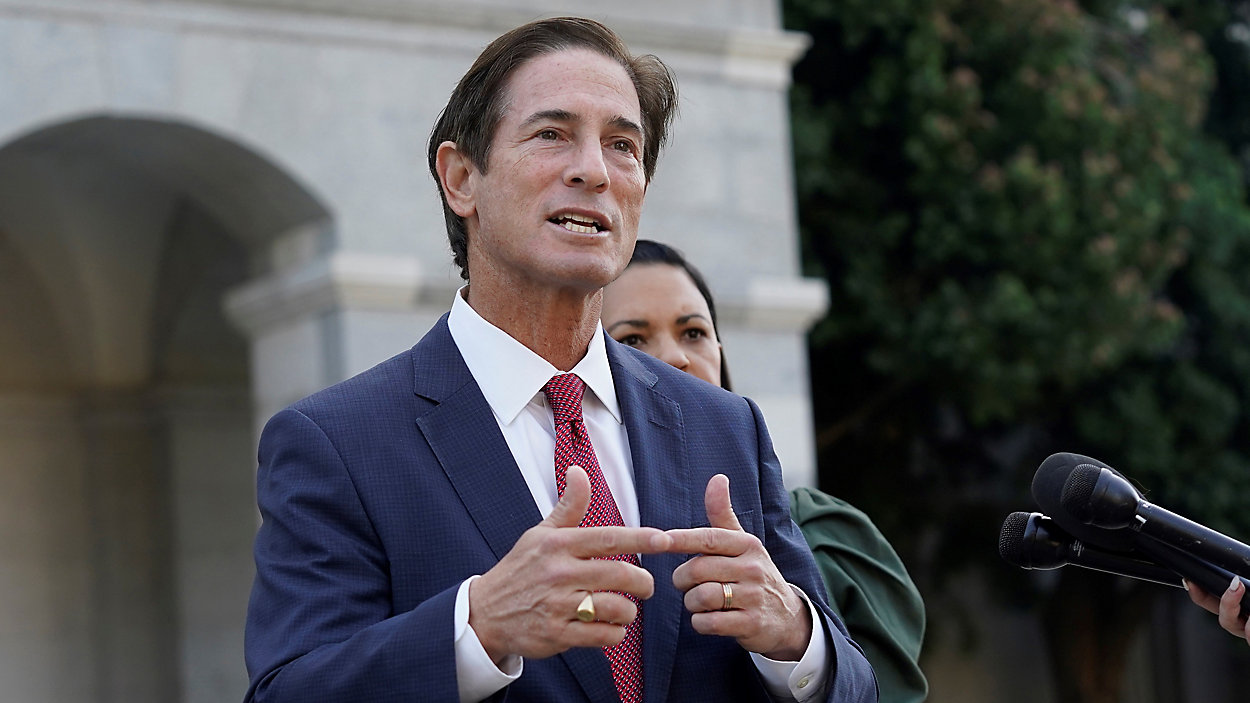Key Takeaways:
The IRS begins charging interest the day after your tax return is due, even if you file for an extension.
Interest is calculated using the federal short-term rate plus 3% for individuals and compounded daily.
IRS interest rates are updated quarterly and can change throughout the year as economic conditions shift.
Interest applies from the original due date, not when you file or when the IRS sends a notice.
Unlike penalties, IRS interest cannot be waived or reduced, even under hardship or payment plans.
Paying early, filing on time, and setting up a payment plan can help reduce how much interest accrues.
Understanding how the IRS calculates interest on tax debt can help you avoid financial surprises and make better decisions if you owe money to the government. Unlike penalties, IRS interest compounds daily and is tied to market-based rates that adjust quarterly. This means your balance can grow faster than you expect, especially if you wait too long to take action. In this article, we’ll break down when the IRS starts charging interest, how rates are calculated, and how the interest is applied to your tax balance. We’ll also show you what you can do to minimize the impact and stay in control.
When Does the IRS Start Charging Interest?
The IRS doesn’t wait long to begin applying interest to unpaid taxes. In fact, interest begins to accrue almost immediately after the return is due.
Interest Starts the Day After Your Tax Due Date
Interest begins to accrue on any unpaid tax starting the day after your return is due. For most individuals, this means April 15 of the filing year. Even if you request an extension to file, your payment is still due by April 15. An extension to file is not an extension to pay.
For example, if you owed $2,000 in taxes for 2024 and didn’t pay by April 15, 2025, the IRS would start adding interest on April 16, even if you filed your return by the extended deadline in October.
Applies to Individuals and Businesses
IRS interest accrual rules apply to both individuals and businesses. The calculation method is the same, though interest rates for large corporate underpayments are often higher.
How the IRS Interest Rate Is Determined
The IRS sets its interest rates based on formulas tied to the federal short-term rate, a benchmark published by the government.
Federal Short-Term Rate + 3%
For most individual taxpayers, the IRS calculates interest using the federal short-term rate plus 3%. This is known as the underpayment rate. If the federal short-term rate is 5%, your IRS interest rate would be 8%. For corporations, the underpayment rate is also the short-term rate plus 3%, unless it’s a large corporate underpayment, in which case the rate increases to short-term rate + 5%.
Updated Quarterly
The IRS updates its interest rates every calendar quarter on January 1, April 1, July 1, and October 1. That means your interest rate could change throughout the year if you carry a balance for several months. Rates are published by the IRS here: IRS Interest Rates by Quarter
As of Q3 2025 (July through September), the interest rate for individual underpayments is 7%, compounded daily. The interest rate for large corporations is 9%, compounded daily.
How Interest Is Applied to Your Tax Debt
Interest on unpaid IRS taxes doesn’t just sit still. It grows every day, increasing the amount you owe.
Daily Compounding Interest
One of the most important things to understand is that IRS interest compounds daily, not monthly or annually. This means that each day, the IRS recalculates your balance and applies interest on the new total. Over time, this creates a snowball effect.
Let’s say you owe $10,000 in unpaid taxes and the interest rate is 7% annually. That breaks down to approximately 0.0192% per day (7% ÷ 365 days).
On Day 1, you’re charged $1.92 in interest.
On Day 2, the IRS charges interest on $10,001.92, not $10,000.
On Day 3, the interest is based on $10,003.84, and so on.
Over a year, that compounding effect adds up. You wouldn’t owe just $10,700 ($10,000 + 7% interest). You’d owe approximately $10,725.13 due to daily compounding.
Applies From the Original Due Date
The IRS applies interest starting from the original due date of the return, not from the date you filed or when they assessed the tax. If you file late, the interest backdates to April 15 of the filing year. Even if the IRS sends you a notice of assessment in July, interest has already been accumulating for months.
Interest vs. Penalties – What’s the Difference?
Taxpayers often confuse interest and penalties, but these are two distinct charges—and they work very differently.
Interest Is Inevitable
IRS interest is statutory, meaning it is required by law and cannot be removed or waived, even for hardship or good behavior. It continues until your full tax balance is paid off. Even if you qualify for penalty abatement or enter into a payment plan, interest will still apply.
Penalties Can Be Removed
Penalties, on the other hand, are based on IRS discretion and behavior. The most common penalties are:
Failure-to-file penalty: 5% per month up to 25%
Failure-to-pay penalty: 0.5% per month up to 25%
The IRS may reduce or remove penalties if you have a reasonable cause or qualify for First Time Penalty Abatement. Interest, however, stays on the table.
Example: How IRS Interest Adds Up
Let’s walk through a realistic scenario to see how interest increases your total balance over time.
Let’s say you owe $5,000 in unpaid taxes. You don’t file or pay by April 15. The IRS interest rate is 7%, and it compounds daily. You also incur penalties, which we’ll mention briefly.
After 6 months, interest alone:
Approximate interest over 180 days:
$5,000 × (1 + 0.000192) x 180 = $5,458.20
Interest: $458.20
With penalties (late filing and late payment):
Up to 25% added = $1,250 in penalties
Total debt after 6 months: $6,708.20
This shows how a $5,000 tax bill can grow by more than 34% in just half a year, even with a “modest” 7% interest rate.
How to Minimize IRS Interest
While you can’t avoid interest entirely, there are a few things you can do to limit the total amount that accrues.
Pay As Much As You Can, As Early As You Can
The IRS calculates interest based on the unpaid balance. Even a partial payment reduces the principal, which means less interest is added over time. If you can’t pay in full, try to pay as much as possible up front to reduce future charges.
Set Up a Payment Plan
If you can’t afford to pay right away, consider requesting an Installment Agreement. This formalizes your repayment plan and may prevent further collection actions or liens. Interest still applies, but you stay in compliance and avoid more severe penalties.
File On Time to Avoid Late Filing Penalties
Even if you can’t pay your taxes, file your return on time. The failure-to-file penalty is 10x more severe than the failure-to-pay penalty and increases your overall balance dramatically.
Tools to Estimate IRS Interest on Your Debt
Calculating your total liability, including interest and penalties, can be challenging, especially if the debt spans multiple tax years or changing interest rates.
Use Online IRS Interest Calculators
Several tools exist to help estimate your balance. One example is the calculator offered by 2020 Tax Resolution, which lets you enter the amount owed and duration to see how much interest has accrued. You can also review your IRS account transcript in your IRS Online Account to see how interest has been applied in the past.
Manual Calculation Using Published Rates
If you’re comfortable with spreadsheets, you can calculate estimated interest manually by applying the published quarterly interest rates and adjusting for daily compounding. This method is especially useful for tax professionals helping clients with long-term tax debt.
Frequently Asked Questions
How is interest calculated on tax debt?
The IRS calculates interest on unpaid tax debt using the federal short-term interest rate plus 3% for individuals. The interest is compounded daily and begins accruing the day after your tax return is due.
How do I figure out how much interest the IRS owes me?
You can check how much interest the IRS owes you by reviewing your tax transcript or logging into your IRS online account. The IRS begins paying interest on late refunds if it takes more than 45 days after the return due date or filing date (whichever is later) to issue your refund. Interest is compounded daily and based on the same quarterly rates applied to underpayments.
How to avoid paying interest on taxes owed?
The only way to avoid IRS interest is to pay your full tax balance by the original due date. Filing on time, making estimated payments, or paying early (even partially) can help reduce or prevent interest from accumulating.
How long do you have to pay taxes you owe after filing?
Taxes are due by the original filing deadline, usually April 15. If you owe after filing and don’t pay by this date, interest and penalties begin accruing immediately, even if you filed for an extension.
Can I negotiate IRS interest?
IRS interest cannot be waived or negotiated because it’s required by law. However, you may qualify to have penalties reduced, which can help lower your total balance owed.
What is the current IRS interest rate?
As of Q3 2025, the IRS interest rate for individual underpayments is 7%, compounded daily. Rates are updated every quarter and published on the IRS website.
Tax Help for Those Who Owe
IRS interest on tax debt can grow quickly and quietly, turning a manageable balance into a major burden over time. Understanding how the IRS calculates interest, including when it starts, how rates are set, and how daily compounding works, can help you stay ahead of the curve. If your IRS debt is growing faster than you can manage, consider consulting with a tax professional or enrolling in a resolution program to get the help you need before interest takes a bigger bite out of your finances. Optima Tax Relief is the nation’s leading tax resolution firm with over a decade of experience helping taxpayers.
If You Need Tax Help, Contact Us Today for a Free Consultation

























